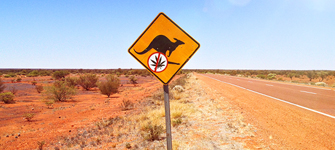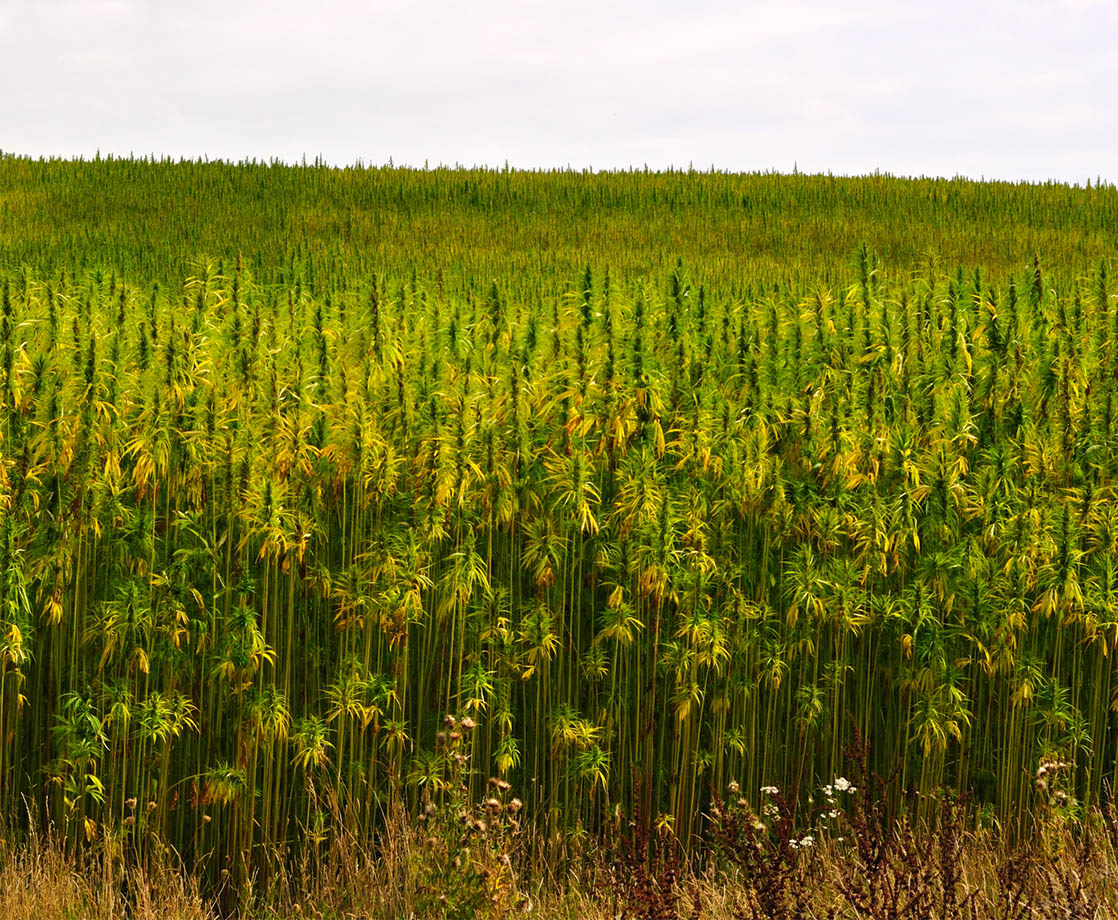Strictly speaking, marijuana is illegal in Australia. This inconvenient fact, however, is proving little deterrent to both local and international businesses which see the vast country as a key jurisdiction for cannabis-centered administration and production.
It is a matter of significant amusement to smoke-happy locals that there are currently three marijuana corporations listed on the Australian Stock Exchange–two of them thinly disguised as mining companies.
The international interest in Australia’s potential is clear from the players involved.
Phytotech Medical listed on the stock exchange in January 2015. The company headquarters are in the west coast city of Perth, but its operations–marijuana-based pharmaceutical research–are conducted in Israel, using cannabis sourced from Uruguay. In July of this year, Phytotech was acquired by Vancouver medical marijuana company MMJ Biosciences, which also owns a couple of Canadian plantations and production labs in Austria called Satipharm.
Shortly after Phytotech hit the bourse, Israeli marijuana skincare makers, MGC Pharmaceuticals, followed suit, taking over defunct gold mining company, Erin Resources, in order to do so. It was quickly followed by Californian hemp giant Nutrawerx, which bought out former uranium explorers, Capital Mining.
As the medical marijuana business rapidly expands across North American and European markets, there may well be certain tax advantages to having headquarters at the other end of the world. Simple governance considerations, however, are not the only attractions.
All three corporations are betting on the likelihood that in the next couple of years, Australia will enact legislation to legalize large-scale marijuana growing and processing. There is certainly one significant precedent. Largely thanks to a Johnson & Johnson subsidiary called Tasmanian Alkaloids, Australia produces around 40% of the world’s legal opiate supply.
This year, it looked as if Nutrawerx would emulate Johnson & Johnson’s lead and choose Tasmania as the site of the country’s first legal marijuana plantation. However, a joint venture with local company Cannabinoid Extracts fell through, dumping the Canadians back in the search for a suitable site.
Now, the honor of planting the country’s first legal marijuana crop looks to fall to a privately owned company called AusCann. The company has approval to establish a plantation on Norfolk Island, an Australian territory 2,100 miles from the mainland. Planting is expected to start in the southern summer, around December.
At the same time, there are moves across Australia to untangle the complex legalities surrounding marijuana. Each Australian state has slightly different legislation governing cannabis possession. Growing a crop for sale remains a crime punishable by imprisonment across the country, but in most places having a small stash for personal use, or a couple of plants in the back garden, seems to rarely attract police attention.
On a national level, in August a Senate committee completed a six-month assessment of a bill drafted by the minority Greens Party recommending the legalization of medical marijuana. The committee recommended that the bill be passed into law.
When and if that will happen, however, remains uncertain. The Federal Government is led by the conservative Liberal Party and dominated by neocons. The Prime Minister, Tony Abbott, has previously indicated in-principle support for medical marijuana, but has shown no inclination to put the bill before Parliament.
Internationally, Australia’s position is a bit tricky. As a signatory to the 1961 UN Single Convention on Narcotic Drugs, it cannot legally export marijuana or marijuana-derived products.
If AusCann, Nutrawerx, Phytotech or MGC are ever to exploit the country’s huge potential for crop growth or processing, the political will need to renegotiate a 60-year-old treaty that will have to manifest among the country’s leaders.
Fingers may be crossed, but breaths are not being held.











